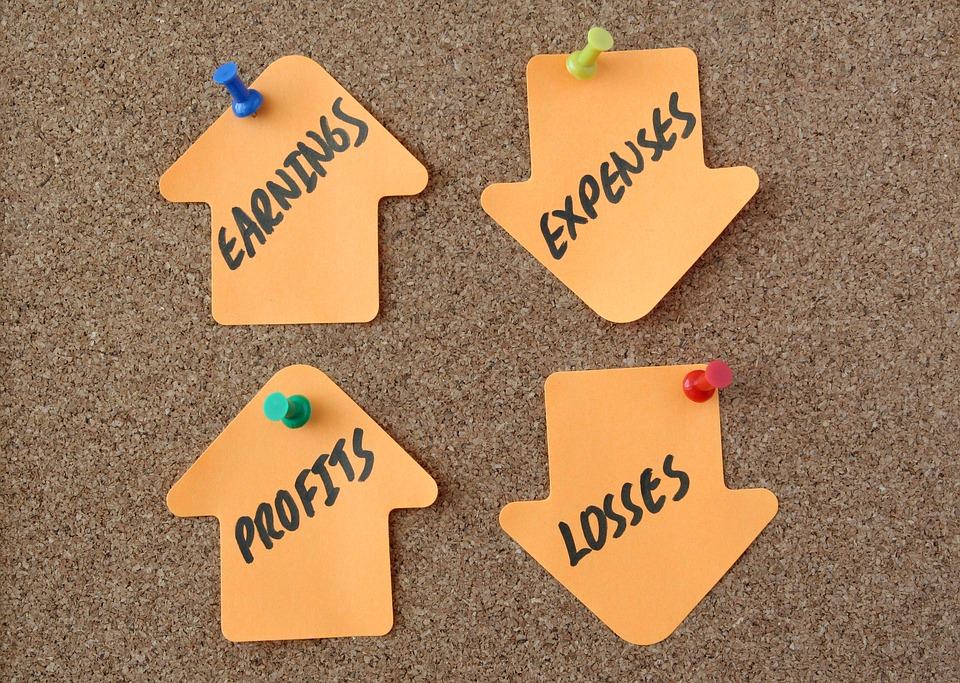To this day, money is still a big taboo topic in many cultures. It’s just common courtesy and decency not to prod someone about the state of their personal finance. Sadly, skirting around the issue may not be the healthy way of looking at money and finance. In fact, it may even contribute to poor financial habits among young professionals. According to a recent survey, only five out of 10 Millennials in Singapore are on track to achieving their financial goals. So before you inadvertently bury yourself in debt, here are 10 valuable lessons about money you need to learn in your 20s to ensure a stable future for yourself and your loved ones.
Learn to say no
When you’ve got the money, the energy and the freedom to do whatever you please, well, you can’t help but say yes to whatever opportunity comes your way. Overseas travels? Yes. Fine dining? Yes. Latest iPhone? Yes. Music festivals? Yes! The list goes on and on. The fear of missing out on trending items and fun activities can push your budget to the brink. Learning to say no to things and events that won’t add value to your life not only gives you more time for discernment, it can also prevent holes in your pockets.
Grow assets over liabilities
Face it, most of your material purchases are liabilities. From trendy trinkets to cars, they often depreciate over time leaving you with less valuable possessions than when you first purchased them. So try to be strategic with your purchases. As yourself: Is this going to depreciate over time? If so, can I use it for some ROI? Turn your liabilities into assets. Rent out a room with AirBnB or have a garage sale for unused but well-maintained items. Try to be creative and maximise your possessions so they don’t just end up slowly deteriorating and inflating your expenses for repairs and replacement.
Keep track of your expenses
Tracking expenses is tedious. When you enter the workforce, there’s a lot to prove to your company about your value as an employee. Singapore millennials work 48 hours a week, on average. This leaves little time to set your other affairs in order. Most would just want to relax after a gruelling work week. Fortunately, technology is on your side. With personal finance apps, you can easily input your day-to-day expenses while waiting, queuing or other pockets of time in your day to help give you a bird’s eye view of the ebbs and flow of your net worth.
Set a budget
Wants and desires have no concept of budget. In fact, the heart just wants what it wants and sulks when it doesn’t get what it wants. Fight the urge to overspend! Budgets manage reins in your wants, somewhat. With a weekly and monthly budget based on your income, you can get a sense of whether you’re living within or beyond your actual means. It’s sort of using guilt to keep you from purchasing another pair of shoes or lining up for a new phone you can’t afford. Good Budget can help you estimate a budget given your current source of income.
Don’t just save, invest!

Investment is such a daunting, adult term. But it’s not that hard. There are plenty of online seminars you can participate in and introductory videos you can view to give you a general idea of where and how much you can set aside for a good investment plan. The earlier you start, the better. Some plans require as little as $100 to get you started. You can start investing in stocks, then slowly build and diversify your portfolio as you go along. Meanwhile, investing in mutual funds or ETFs are non-risky ways of growing your money instead of keeping it in your savings account with little to no growth.
Don’t just buy, DIY
Stop giving power to corporations. If you’re crafty and handy with your tools, go the DIY route to not only hone your skills, but also save some dough. The DIY revolution means there are plenty of helpful and detailed instructions online to help you out with your projects. From making an indoor cactus garden to crafting a storage bench, you can scrimp on commissioning customised furniture and hiring interior designers to spruce up your condo or apartment. Who knows? You might even parlay your skills into a profitable side job by blogging or selling your crafts.
Set up an emergency fund

Your 20s is usually characterised by an active social and professional life. You meet a lot of new people and go on exciting adventures, which means the mental and physical capacities are being stretched to the limit. It turns out, young professionals in Singapore are pessimistic about their career prospects. So when your main source of income gets compromised, what do you do? This is the thing you must consider. Sudden illnesses and accidents can also derail your track, so make sure you have a back-up plan just in case. Financial planners recommend setting aside six months’ worth of living expenses for your emergency fund.
Quality over quantity
It’s difficult not to overspend when you’re in your 20s. This is a period of emancipation for most people, so having the income and freedom to spend your income any which way can be disastrous without good financial habits.
In part, your 20s are mostly spent trying to overcompensate for things you were deprived of in childhood. Some go travelling, other collect an obscene amount of shoes, still others go around spending ungodly sums of money trying to sample all the decadent cuisine that have been out of their reach as young ‘uns. The main thing to remember is that when it comes to splurges, it’s better to spend on quality versus quantity. More often than not, quality items cost more though this is not always the case. So make sure you do your research and opt to spend more on durable things than cheap yet expendable items—be it furniture, clothes, shoes or gadgets. Sturdy stuff last longer and will end up saving pennies rather than trendy, fragile, mass-produced goods.
Learn how to use credit cards properly

Credit cards are actually really helpful when used properly. It only becomes a major pain in the neck when you manage to max out your cards without the financial means to pay it in full. Sometimes it’s the small purchases that can get you in trouble. Getting groceries, eating out and the occasional shopping can seem like negligible bills but when you get your credit card statement, you may be surprised just how much you’ve racked up. If possible, pay with debit for your smaller purchases and reserve credit for the bigger investments. Keeping track of your expenses can help to know where you stand, financially.
Stop dwelling on social comparison
The trouble with social media is you may be forced to keep up with their lifestyles. While spending beyond your means from a fear of missing out can be problematic, so can depriving yourself. Give yourself a bit of room to breathe. Try not to stress out when you see your peers and contemporaries racking up assets while you’re still paying for student loans and trying to make ends meet. Personal finance is not a race, it’s a marathon. The more you incorporate proper financial habits in your life, the closer you’ll be to financial independence.
Check out more lifestyle deals on Cardable’s website here for all credit card promotions. We hope you find some of the best lifestyle deals in Singapore here!
Available on the Web, IOS and Android.
Advertisement



